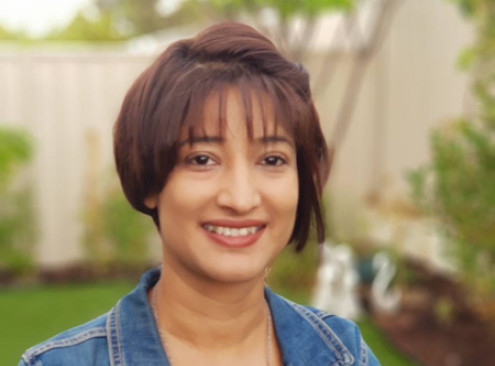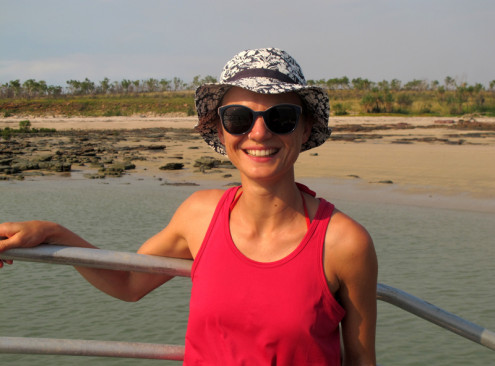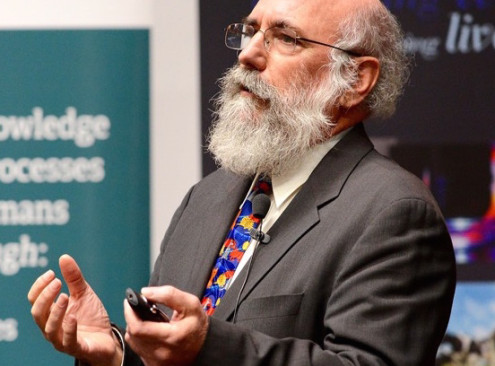© Pint of Science, 2026. All rights reserved.
From DNA to food and pheromones, these researchers are using the building blocks of life to conserve endangered species.
Auslan Interpreted Event
Auslan Interpreted Event
DNA Zoo Australia
Associate Professor Parwinder Kaur
(Director - DNA Zoo Australia, University of Western Australia)
Over a quarter of all assessed species are threatened with extinction. The DNA Zoo consortium, a not-for-profit organization, is facilitating conservation efforts through the rapid generation of high-quality genomics resources.
Associate Prof. Parwinder Kaur leads an innovative research program that aims to translate fundamental science into ready-to-use solutions across the medical and agricultural sectors.
Associate Prof. Parwinder Kaur leads an innovative research program that aims to translate fundamental science into ready-to-use solutions across the medical and agricultural sectors.

Coral reefs in WA
Dr Verena Schoepf
(Research Fellow and Program Co-Leader, University of Western Australia and ARC Centre of Excellence for Coral Reef Studies)
Everybody talks about the Great Barrier Reef, but did you know that there are many unique coral reefs in West Australia? We should know about them, because they just might hold a clue for how coral reefs can survive into the future.
Dr Schoepf is a Research Fellow at the University of Western Australia and the ARC Centre of Excellence for Coral Reef Studies. She studies coral reefs and has won several awards including 'Superstar of STEM' and the Western Australia Young Tall Poppy Award.
Dr Schoepf is a Research Fellow at the University of Western Australia and the ARC Centre of Excellence for Coral Reef Studies. She studies coral reefs and has won several awards including 'Superstar of STEM' and the Western Australia Young Tall Poppy Award.

3Ps of sex: pheromones, photons, phood
Professor Graeme Martin
(Professor of Animal Science, University of Western Australia)
The brain measures night length (photons), odours of potential mates (pheromones), and food consumption (phood?), then integrates that information to maximise reproductive success. We'll use the humble sheep to reveal three revolutions in thought.
Professor Martin grew up on a farm in Western Australia and attended the University of Western Australia. He worked for two years in France, and 3 years in Scotland before returning to UWA. For 40 years, he has studied the way the brain controls reproduction in farm animals.
Professor Martin grew up on a farm in Western Australia and attended the University of Western Australia. He worked for two years in France, and 3 years in Scotland before returning to UWA. For 40 years, he has studied the way the brain controls reproduction in farm animals.

Map data © OpenStreetMap contributors.
